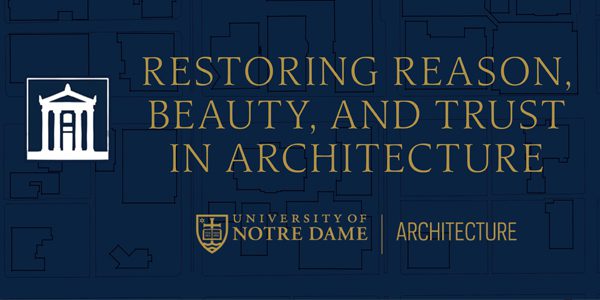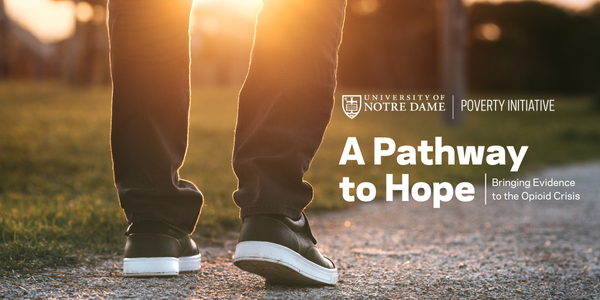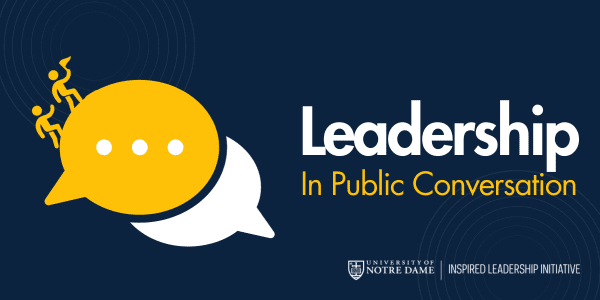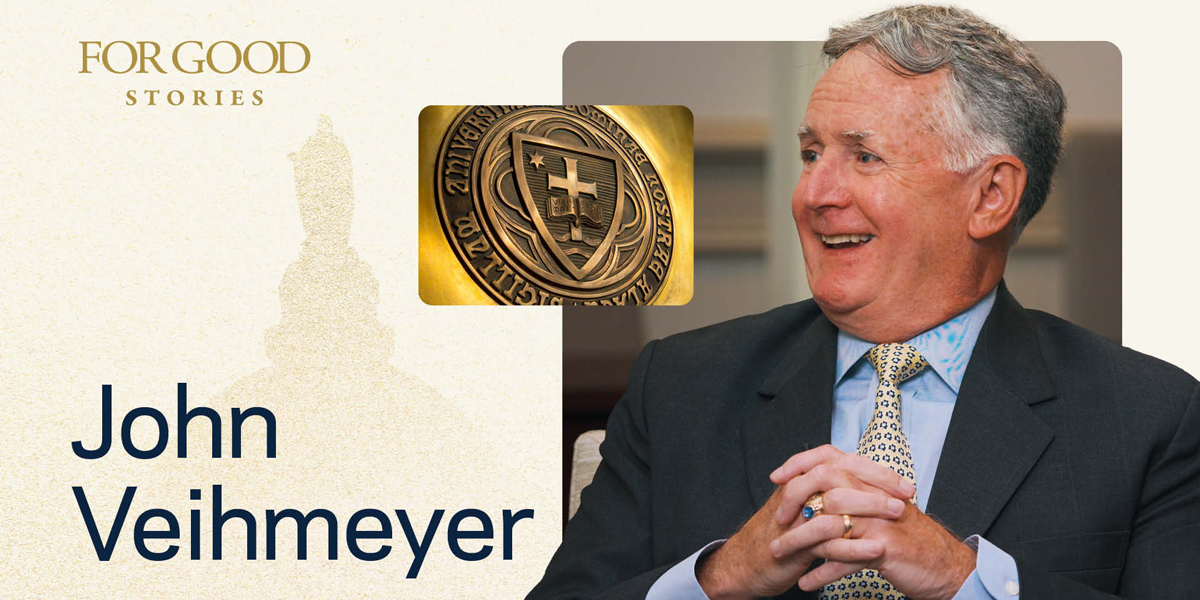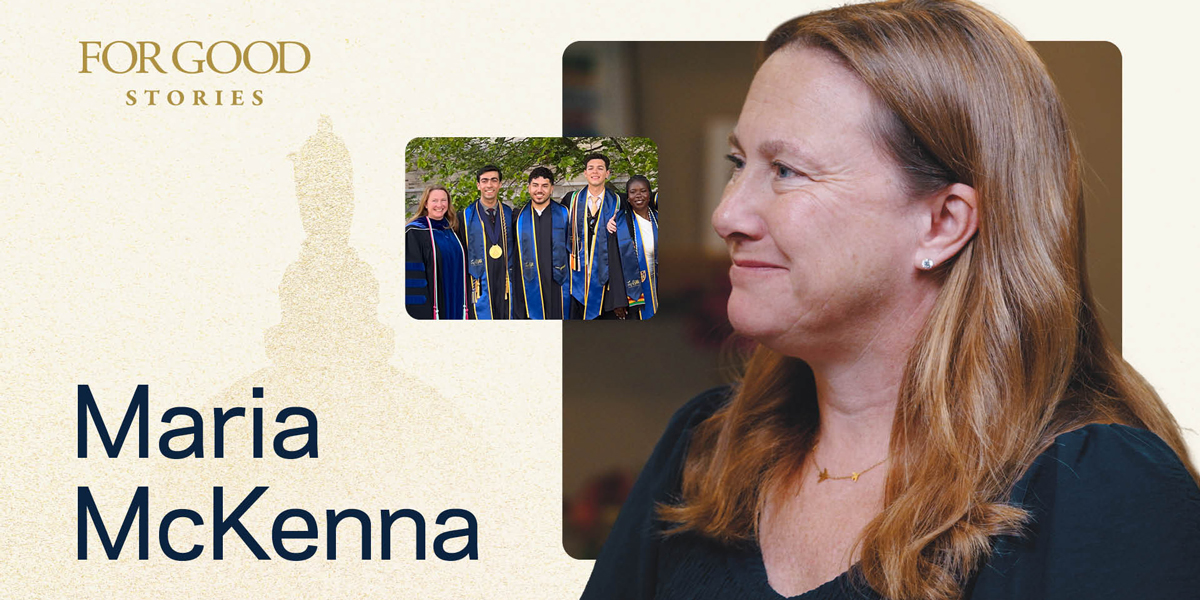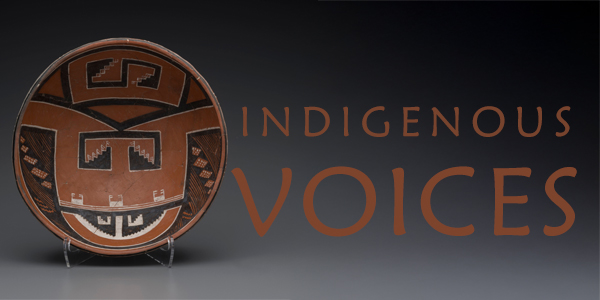The final session of the Bridging the Divide series included guests from BridgeUSA, a national organization focused on improving the state of political education and discussion. The session was moderated by Greg Miller, junior at the University of Notre Dame, Co-President of BridgeND, and Co-Founder of the Student Policy Network. The guests included Emily Garcia, junior at Arizona State University and BridgeUSA’s National Director of Youth Development; Ross Irwin, BridgeUSA’s Chief Operating Officer; Jane Wang, third-year history major at Emory University; and Riya Shah, BridgeUSA Director of National Engagement and student government member at the University of Notre Dame. These students shared their experiences with BridgeUSA and lessons they have learned regarding why civil discourse is critical, and how to create effective and respectful civil discourse.
The first topic of discussion focused on why civil discourse is critical and how to create conversations without intense polarization. Irwin explained how polarization rocks America and seeps into many parts of life, making America’s democracy incredibly ineffective. Civil discourse, as he shared, allows people to talk to one another and understand various perspectives. He highlighted how policy changes and other improvements needed to better America’s democracy will not be possible without effective communication and engagement across lines of difference. Garcia shared how empathy has to be the baseline of these conversations, and that having a moderator present allows for productive conversations that do not reach intense polarization, but rather allow those involved to hear, and hopefully better understand, differing perspectives. Wang built on these points by sharing how the aim of civil discourse should not be avoidance of discomfort, but rather a willingness of people to get uncomfortable and hear out different perspectives with an open mind.
Another key topic discussed was the topic of social media and “cancel culture.” Wang shared how the media poses a problem, as people tend to customize what they consume online to align with their personal views and what they are most familiar with. She emphasized how people have to ask themselves how their opinions are tailored by the media they are consuming, as many people get a majority of their news from social media. Shah touched on the idea of cancel culture by explaining how it is dangerous, as it makes people feel like they can’t share their opinions online in fear of being “cancelled.” However, as she added, it also allows for some accountability of people living out and acting on what they are posting on social media and avoidance of performative social media activism.
The discussion ended with an important conversation around how to create more environments among youth and create more political engagement. The guests shared how universities should avoid censoring students in order to create an environment that is not hostile. One way to do this, as they expressed, is to hire a director of national engagement to foster more fruitful engagement in university spaces and allow for more open discussions of various topics. They also shared how universities need to actively try to establish spaces where students can have respectful, politically diverse discussions. Universities need to encourage these spaces, invite being uncomfortable, and invite disagreement. Miller closed out the discussion by sharing that BridgeUSA, and organizations similar to it, are needed to allow students to engage in civil discourse and provide effective communication tools that are vitally important as these students rise to positions of power. He added to this idea by sharing that wherever one sits on the political aisle, there is a need for respectful civil discourse grounded in empathy in order to discuss important topics that are dividing American society.
Visit the event page for more.

